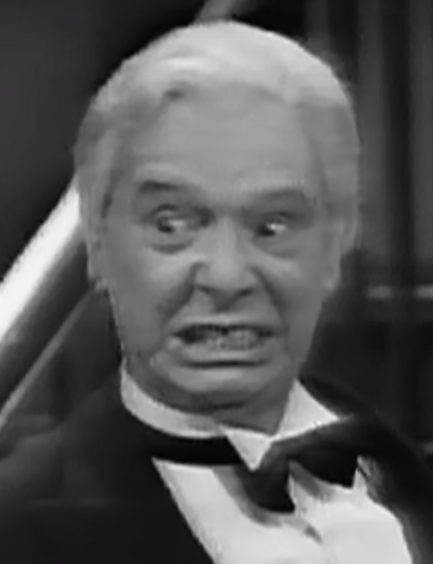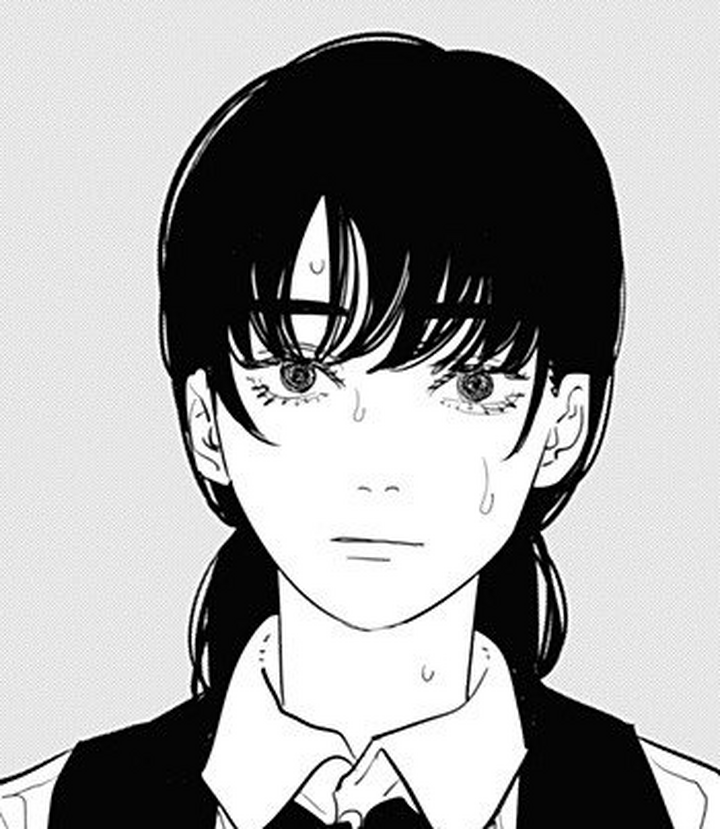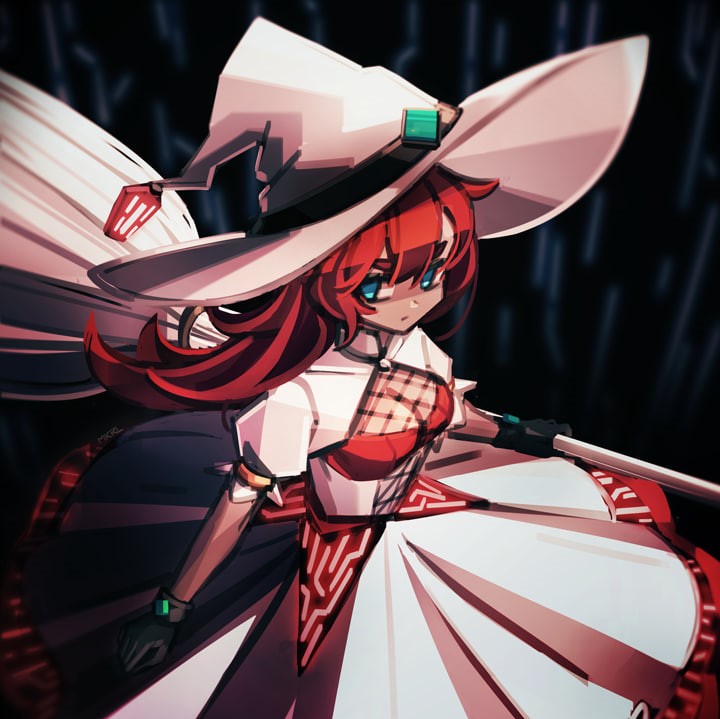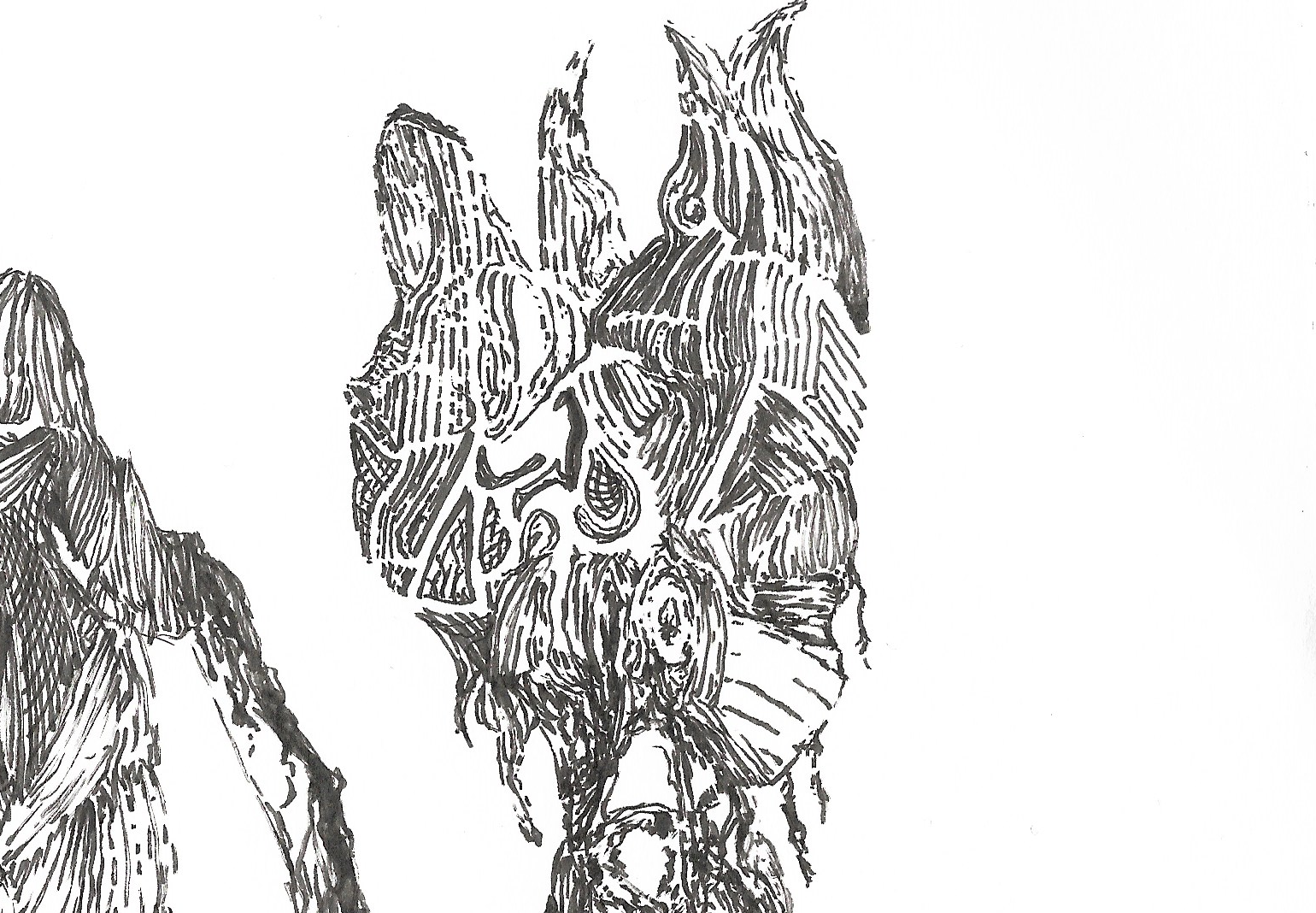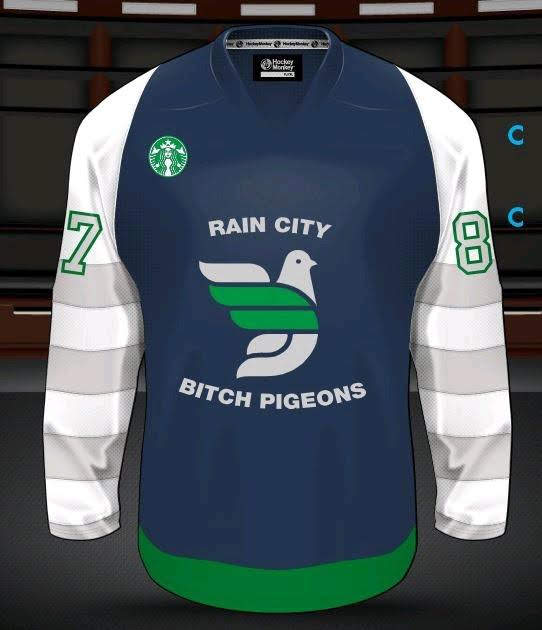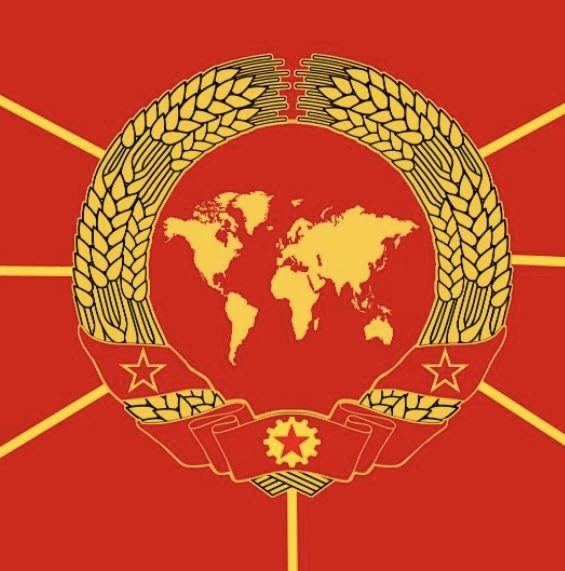Ulysses is just a story about a dude walking around Dublin. It ain’t that deep
Look Finnegan’s Wake is just a story about a um well it’s a story that might have a wake and um look it’s just a story about um ok it ain’t that deep
oh and he killed kissinger and it wasnt really that political
Just a man pooping and eating gorgonzola sandwiches
Moby dick is mainly just about how big whales are though
It’s about being gay with your friend and squeezing sperm
Nooo they were just bosom buddies sharing a single hammock!!! Nothing gay about that or the way he describes his patchwork suntan or his muscular arms or
“The curtains are blue” is a meme that has ruined a generation’s ability to do any sort of media analysis
I have this belief that most of the people who helped popularize the literalist interpretation of media were otherwise acaemically successful people (STEM bros and adjacent self important chuds), who were made to feel inadequate or stupid on a basic literature or media analysis course because it showed them that they didn’t have the tools to gain anything more than a surface level understanding of a piece of art, and that the humanities can actually be hard to do well.
I mostly fit this description, and was very much a “the curtains are blue” loser when I was in middle/high school and now media analysis is literally my favorite hobby and basically the only thing that brings me joy, so I also think part of it is the way media analysis is taught, and something about that method not clicking with a large portion of people
I really remember that the way my teachers wanted us to interpret and analyze things just felt… fake? It felt like when they were explaining certain “deeper meanings” they were just making shit up that wasn’t in the text and wasn’t even in the context surrounding the text.
I think the “the curtains are blue” meme actually does touch on this in a way. “The blue curtains in the scene represent the character’s sadness” is a very crude and oversimplified level of analysis.
In my classes it always felt like they were wanted us to examine the text alone looking for metaphor and symbolism. They never looked at the creators and what was going on in their lives at the time (unless they had fled the USSR), they didn’t look at the material conditions surrounding the creation past maybe “it was during the Great Depression,” they deliberately avoided so much context that makes analyzing media worth doing at all. And I think the anger at the very concept of media analysis was largely backlash against that.
Media literacy only seems to be taught on a textual level mostly, except for poetry. I remember learning about character arcs, symbolism and the cultural context of a story, but stuff like author intention and bias never made it into the classroom.
For example, I studied Some Like it Hot as my movie assignment in school. We learned about how the film portrayed the attitudes towards gender and money in the 20s, but never spent any time about what the point of that is. Our teacher told us that it pointed out sexism, but not that the movie itself was a criticism of gender norms.
Obviously there’s value in analysing the text of a story, but I think if you don’t analyse the intention and biases of the author as well, you’re not fully analysing anything. The Shrinking Shack podcast are really good at picking up on JK Rowling’s intentions, for example, not just politically, but also just in recognising what she thinks is cool. She clearly wanted to write a political spy story but was saddled with Harry Potter and didn’t want to continue writing children’s fantasy stories, so she pivoted to the spy storys in book five. That’s the kind of analysis and criticism that I was never taught
This is because real analysis of literary works always requires a political angle – even “aesthetic” art is political in its anti-politics.
The denial of the political at the secondary level (can’t indoctrinate kids!) is why media analysis and literary analysis is so truncated. Students essentially learn symbols without the context or political valence of those symbols (or in the most cursory way). So students are taught to look for symbols, but lack the political/literary/historical context as to why those symbols are meaningful.
After all, to do so involves immersing yourself in the world the text was made, so that you can recognize the ideological, historical, and political contexts that the author brings to bear on the work (and come out as symbols or other textual-rhetorical choices and effects).
This isn’t to say a student can’t also bring their own political context to bear – the classic example is understanding the racism of Shakespeare’s Shylock after the holocaust in a new way. But to truly recognize what’s going on in a text, you need a lot of context that the secondary environment (large class, quick timeframe, standardized tests) can’t provide. So students learn a kind of bastardized analysis that lacks the depth that you really need for this kind of thing.
We’re all

I didn’t really understand how wrong “the curtains are blue” was until I started creating my own art, and then I started to feel real silly I ever thought the curtains were just blue
Even then, there is an answer to that question that is more elaborate than ‘they are blue just because’ - the author chose to describe them at least in order to make the scene more detailed.
seriously. I struggled with art appreciation of most kinds until I understood that everything that there is -and isn’t- in a piece of art was a deliberate action by the author, and that those choices happen for a reason, and are based in a context. It really changed my perspective.
Let’s see what ol Kojimmy has to say

He says nukes are bad and that diarrhea is hilarious.
idk guy preventing nuclear armageddon sounds pretty goddamned political if you ask me
Yeah considering just asking “why is Liquid doing this and how did he do it?” Require thesis-length explanations. It’s not Liquid is just a terrorist who wants to nuke the world and rule the ashes. Everybody involved in this plan has multi-faceted ideological motivations and their life events themselves that SHAPED their ideologies have far reaching historical implications. Liquids mere existence is a vast conspiracy implicating the darkest secrets of the world’s superpowers.
No because I dislike politics and I think stopping nuclear Armageddon is good so that means it can’t be political, since it agrees with my worldview
I can’t even get mad about these kinds of posts anymore, it’s just a simple reification that the status quo justifies and affirms its own validity by the very nature of being the status quo rather than by any external “political” force. No need to question it or have a single thought about how the status quo came to be, that’s too complicated. It’s easier to exist in a world where what is simply is and define yourself in relation to it. Building a foundation of the self on the “real”, the tangible, observable components that the status quo consists of, is much easier building a foundation on anything it is not which only exist within the mind.
From that framing any challenge to the status quo exists outside the realm of the “real” and is a distinctly separate phenomenon. “Political” becomes a simple catch all to describe anything that threatens to move from the conceptual to the real. Something that already is “real” simply cannot be political in this respect.
Chuds will have an absolute melty over the seemingly most inane and trivial shit simply because of the self affirming power an idea gains by becoming “real”. An empowered minority/woman/trans person in media IS real to them because their entire existence and concept of the real is based almost entirely off of the media they consume. That idea becoming “real” in any form is an existential threat to their position in the hierarchy of white male dominance. This is already long as fuck so I don’t want to venture into the rabbit hole of defining “real” and touching on Baudrillard, etc but I think this fairly simplistic framing gets my point across
GOOD post
Didn’t the first game have actual footage of castle bravo?
Edit: can’t find evidence to confirm but I’m pretty sure THAT was the nuclear test they showed in the game.
I hate chuds, MGS is a fantastic game. If I wanted to play a game about sneaking around in a box I could do that in a box I’d play those hide and seek games on OW2
A good chunk of both MGS 1+2’s cut scenes are stock footage from the military. The core theme of 1 is about the government doing nefarious testing on special forces soldiers to make them in the image of history’s greatest mercenary then they revolt and hold washington hostage with a nuclear mech.
You have to be thicker than a bowl of oatmeal not to pick up on the politics MGS was putting down. The game was influential in a young me getting into politics because I was intrigued by nuclear weapons and their implications, I learned about the START Treaty from this game.
I learned about the existence of DARPA from this game, it really is hard to understand how people could just think this game was just about a guy sneaking around in a box.
DARPA Chief?! Black project?!
…Metal Gear?!
Whenever I see DARPA I immediately hear the word “chief” in my head
Anytime I see basketball scores or highlights and Charlotte come up, I always hear “HORNETS?!”
Me, incredibly smart: Traumatized soldier man hide in box xD
MGS is political as hell.it doesn’t have remotely coherent politics but it’s politics.
The main politics of MGS are:
- soldiers are exploited
- nuclear weapons are bad
- dudes who can do cool judo moves whip ass and are really hot
- PAWGs (phat ass white guys)
his own country for soldiers that have been abandoned by their countries because their government doesn’t care about them once they’ve served their purpose
if that’s what you call a group of nuclear-armed mercs living on an oil rig then sure, it wasn’t like it was a retirement home
You’re all wrong. The game is about climbing a ladder accompanied by the tune of the best James Bond song
A game about being judged for playing Super Mario Sunshine.
Guys, politics is when minorities, duh.
even taking their description at face value… what do they think poltics is, if preventing nuclear armaggedon isn’t political?
Solid Snake never sucks a dick, therefore ergo not politics
Any more thinking about the plot of metal gear there is something there. Soldiers are people willing to give their lives for something greater. Governments are the only instution to use them but are the least worthy of that level of dedication. There is something about that dialectic that I haven’t worked out
Neither has Kojima and after 3, it started to really show
it becomes political the moment I see a woman on my monitor
My brain is truly rotted because every time I see MGS I immediately hear Invisible by Duran Duran. That song isn’t even in the games and I’ve never played a Metal Gear.






